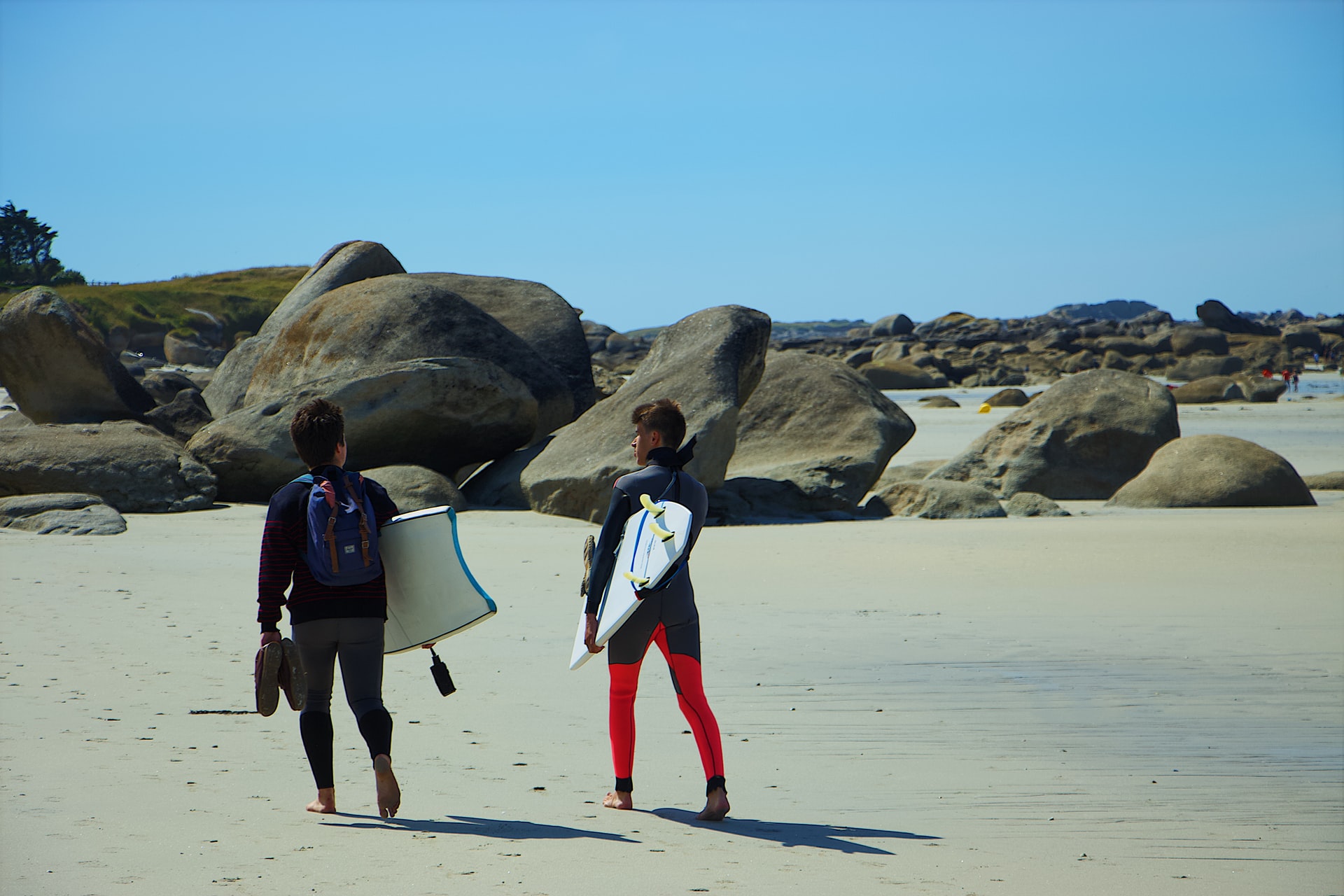It’s a common belief that there is a rivalry between surfers and bodyboarders.
This has some truth to it but is not the complete story.
Although there is often tension between those that stand up surf and those that surf on bodyboards, many people practice both sports.
There is no definite answer to where the rivalry may have originated, but it is believed to be somewhere as far back as the origins of surfing in overcrowded waters, and the ease of bodyboarding.
Whatever the true reason may be, we will look into the suspected reasons, how they affect the surfing world of today, and how to deal with this rivalry in the real world.
- Why Is There a Rivalry Between Surfing and Bodyboarding?
- How Do Bodyboarders Perceive Surfers?
- Do Surfers & Bodyboarders Compete for the Same Waves?
- What to Pay Attention to When Surfing Around Bodyboarders (& Vice Versa)
- How Surfers & Bodyboarders Can Get Along Great
- Conclusion
- You Might Also Like…
Why Is There a Rivalry Between Surfing and Bodyboarding?
Although this rivalry is no longer as strong as it has been in the past, the tension remains for some surfers.
The origins of this rivalry – although uncertain – may be attributed to the common “dislike for something different”.
It may also be due to the competition in the water for waves or the way bodyboarding made surfing available to more than the “alternative people” that surfing was reserved for before.
1. Historic Reasons
Although the exact origins of surfing are a mystery as there is evidence of the sport around the world over large amounts of time, one thing we know is that surfing in Hawaii is the origin of modern-day surfing and lifestyle.
In Hawaiian cultures, surfing was known as the sport of the gods, and through the sport, one would both be acting in respect to the gods, but also demonstrate power, class, and social position.
Kings and those with higher social standing in the tribe would ride on the largest boards and be given the choice of best waves.
As social ranking lowered, so would the size of the board.
Even the lowest ranking and poorest people would surf waves, but instead of standing on boards, they would lie flat on small boards and ride the roughest waves back to shore (much the same as bodyboarders of today).
This tradition may partly be the cause of the tension between bodyboarders and surfers in the modern-day.
Although it no longer makes sense, the idea that one sport is above the other could cause surfers to look down on bodyboarders.
2. Added Competition
One of the major reasons that surfers tend to hate on beginners is competition in the water.
Unlike skateboarding, where ramps are consistent and all a skater needs to do is wait their turn, waves differ.
Because waves are not consistent, require the correct conditions to form, and often break in small areas, the competition for each ride is high.
It is because of this competition that localism has arisen, and likely the hatred towards bodyboarders.
As bodyboarders began to enter the ocean, the number of riders competing for each wave drastically increased.
This negativity was not directly attributed to bodyboarding as a sport, but more to the increase in people.
However, as these people were using bodyboards, the reason for this dislike may not have been clear to onlookers.
3. Bodyboarding Is Easier Than Surfing
Traditionally, to become a surfer and enjoy the thrill of riding a wave, you would need to go through the steep learning curve of paddling, duck diving (which is easier on a bodyboard), and learning how to stand up.
When bodyboarding began to become popular, it was clear to surfers that this was a shortcut to the waves that they treasured so dearly.
In the modern-day, this remains a point of argument to the more egotistical and arrogant surfers, complaining that bodyboarding is “easy” and “requires no skill”, which is far from the truth.
This is purely a reason to complain as opposed to a justified cause.
Ironically, many of the surfers who make such complaints and comments started riding their first waves on bodyboards.
However, one justification that this complaint may have is that because the learning curve is not as steep when bodyboarding (because the rider does not need to learn how to pop up), it made the sport available to a wider range of people.
Which, as mentioned above, related directly to more competition for waves, as well as a loss of the “isolated community” feeling that the surfing world held.
4. Hating Things That Are Different
As it is with every new development to sports that we go through, there are those who embrace the change and those that do not.
Just as many surfers and bodyboarders hate on SUP-boarders, so do surfers hate on bodyboarders.
There is no real reason for it, other than the fact that a group is different.
This is nonsensical and not commonly the case, but it can be seen as the underlying problem in many cases.
How Do Bodyboarders Perceive Surfers?
Before diving further into this topic it is important to know that everyone thinks differently.
What one person perceives is not the same for others and therefore there is no set-in-stone answer to how bodyboarders see surfers.
In most cases, as far as my personal experience, as well as the shared experience of others, bodyboarders simply see surfers as other members in the water, much the same way that surfers see them.
It is a love for the ocean that brings both types of enthusiasts to the sea, and this is common knowledge that creates common respect.
If anything, bodyboarders may find surfers to be arrogant.
This is only due to the superiority complex that some surfers possess – however, this does not represent the majority of the community.
For the most part, as long as everyone is following the etiquette of the surfing world, then there is a space for everyone in the water.
Do Surfers & Bodyboarders Compete for the Same Waves?
Bodyboarders and surfers share the same waves (most of the time) but do not share the same start position on each wave.
For the most part, the waves you would surf on a bodyboard can be surfed on a surfboard, but there are a few exceptions.
Bodyboards Need Larger, Steeper Waves
As bodyboards are shorter, less buoyant, and leave the rider’s feet dangling in the water, thus creating more friction, it is difficult to bodyboard in small rolling waves.
The ideal wave for bodyboarding would be fast and steep.
This is an easy situation to comprehend when we consider the perfect wave for a longboard vs a shortboard. The theory is the same with bodyboards.
Bodyboards Can Be Used in Shallow Water and Shore Breaks
Because bodyboards have no skegs, are small, sturdy, and are powered by the kicking of your legs with fins, they can be used in water that is too shallow for a surfboard.
This makes them the perfect tool to enjoy dry reefs where surfing is otherwise impossible.
This is also true with short, dumping shore breaks that close out too quickly for surfers to stand up but are perfect for bodyboarders to enjoy.
It is worth taking note of how all the riders share the waves breaking further out, but it is only the bodyboarders who manage to find any riding time on the shore breaks.
What to Pay Attention to When Surfing Around Bodyboarders (& Vice Versa)
As a surfer, if there are bodyboarders in the water, it is important to keep in mind that because bodyboards are smaller, and the rider will remain lying down, they are significantly harder to spot.
Knowing that bodyboarders tend to sit further towards the shore and catch the wave as it breaks, as opposed to further back like surfers, will ingrain the idea that you should constantly be on the lookout for others in the water.
Of course, this is a universal rule and should be done at all times, regardless of the type of board someone is riding on.
As a bodyboarder, you should keep in mind that surfers are often faster, and will likely be on a wave before you.
Because of this, it is important to stay aware of who is on each wave. This will prevent dropping in on others and causing problems.
Furthermore, even though bodyboards do not have fins, this does not remove this danger from surfing for you.
As you may be difficult to spot, there is the risk that a surfer will collide with you, possibly resulting in them riding over you due to your low position.
In a bad case, this could lead to severe lacerations.
How Surfers & Bodyboarders Can Get Along Great
If you are wondering what you as a bodyboarder or as a surfer can do to make sure you get along with the other sport, there is only a single tip that you need to follow:
Respect the rules and etiquette that are in place for the surfing world.
This needs to be true for stand-up surfers, bodyboarders, stand-up paddlers, and paddle skis.
When we are in the water we are all there for the same reason – to enjoy the ocean.
No one owns the waves, and we need to respect the sea, as well as those who choose to enjoy it with us.
There is a surfing etiquette for a reason, and when it is followed, there is no need for rivalry, tension, or any sort of dislike.
Conclusion
Although you may hear about the rivalry between bodyboarders and surfers, and in the past, this may even have been true, in the modern world, it is more likely that surfers and bodyboarders have mutual respect for each other.
Some people may not follow the rules, but this is an individual problem, not a problem related to a particular sport.
Anyone from either sport who hates on the other has no justified reason for their dislike, and their opinion should neither be taken seriously nor generalized.
You Might Also Like…
-

Do Surfers Ride Switchfoot? 5 Benefits (& Why You Should Learn It)
-

Do Surfers Shave Their Legs? 5 Common Reasons (+Pros & Cons)
-

Do Surfers Wear Helmets? 8 Situations You Should Wear One (+4 Cons)
-

Do Surfers Poop in the Ocean? Myths & Facts (+5 Tips)
-
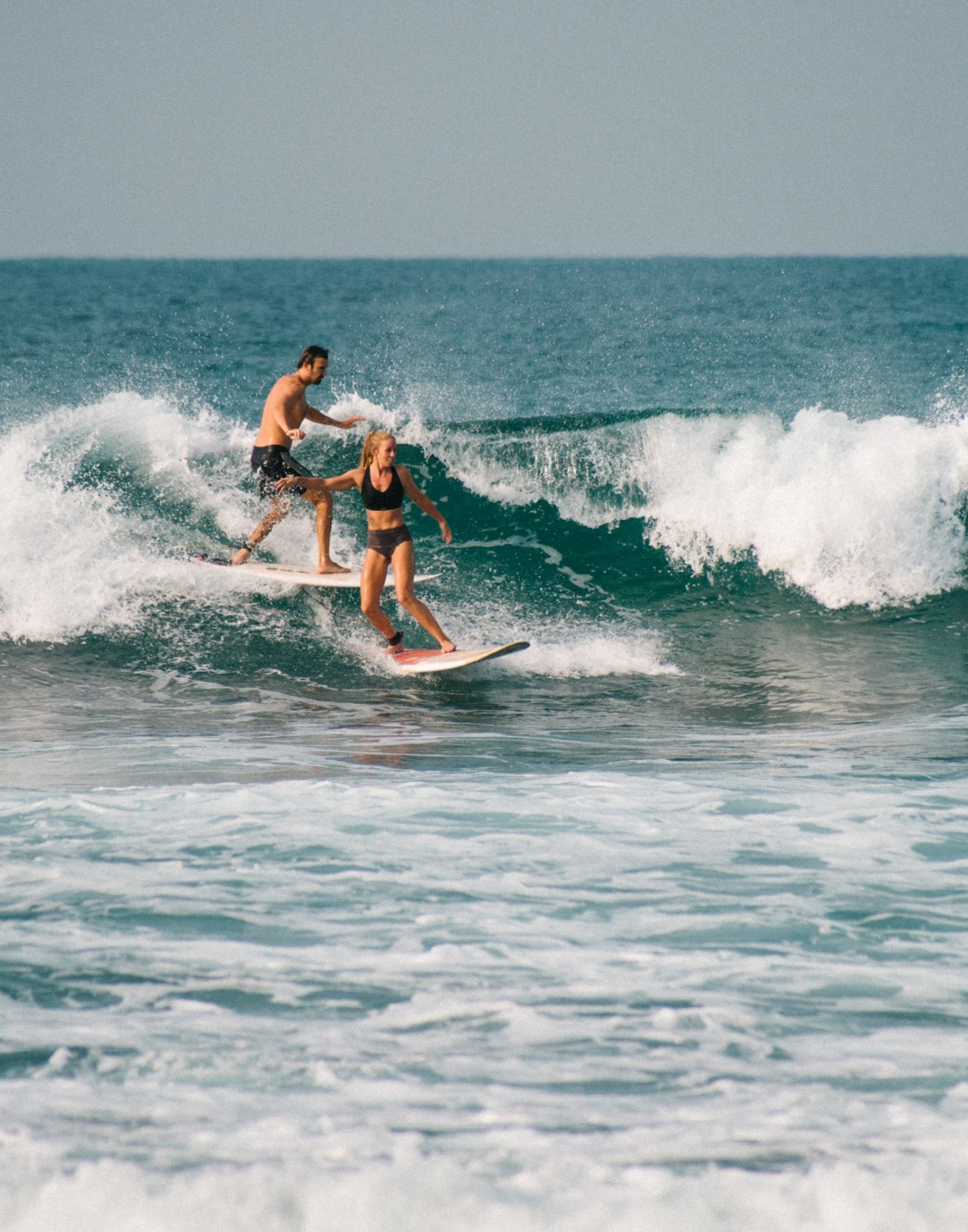
Do Surfers Run Into Each Other? 5 Common Reasons (+8 Tips)
-
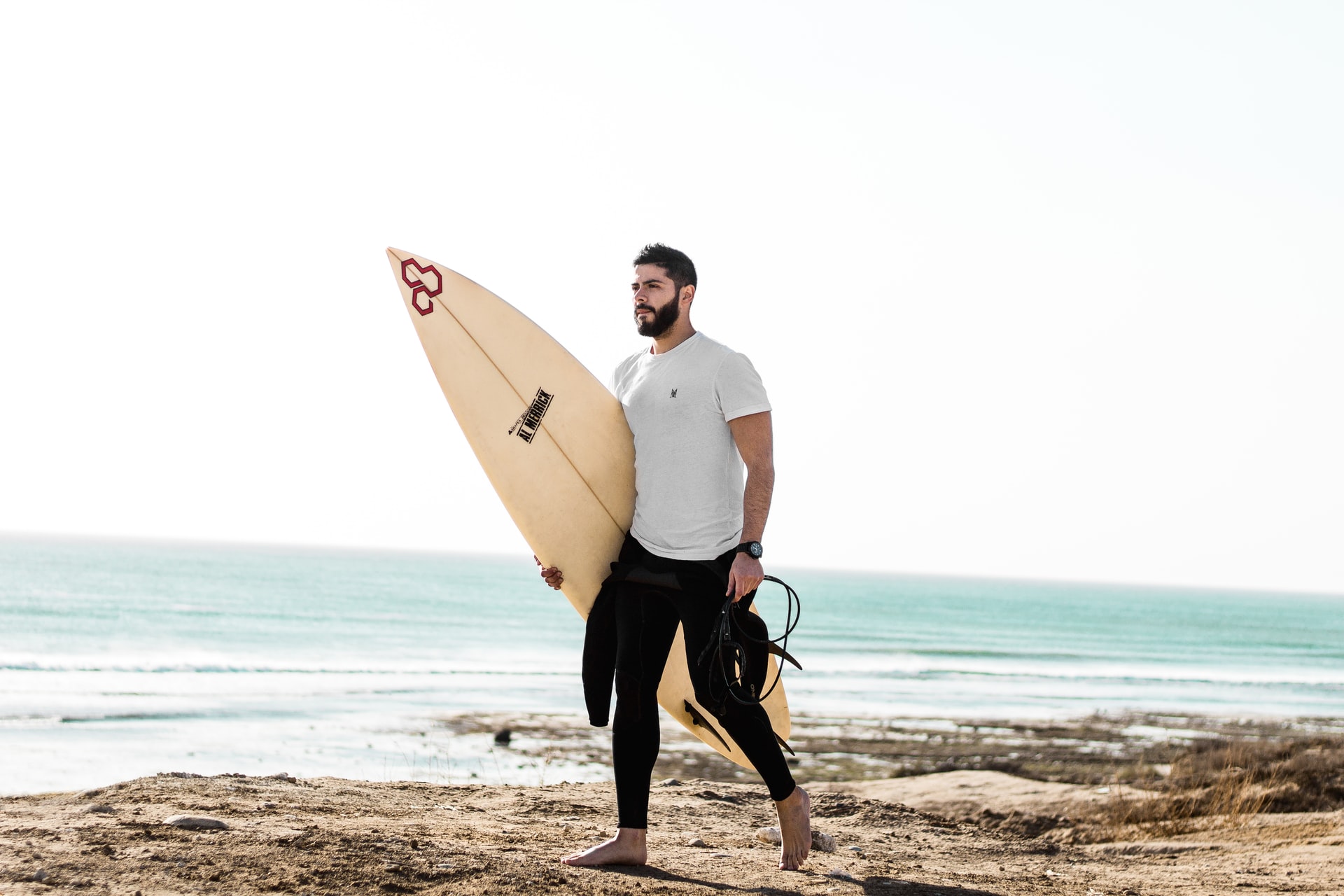
Do Surfers Have Beards? Pros & Cons You Should Know (+4 Tips)
-
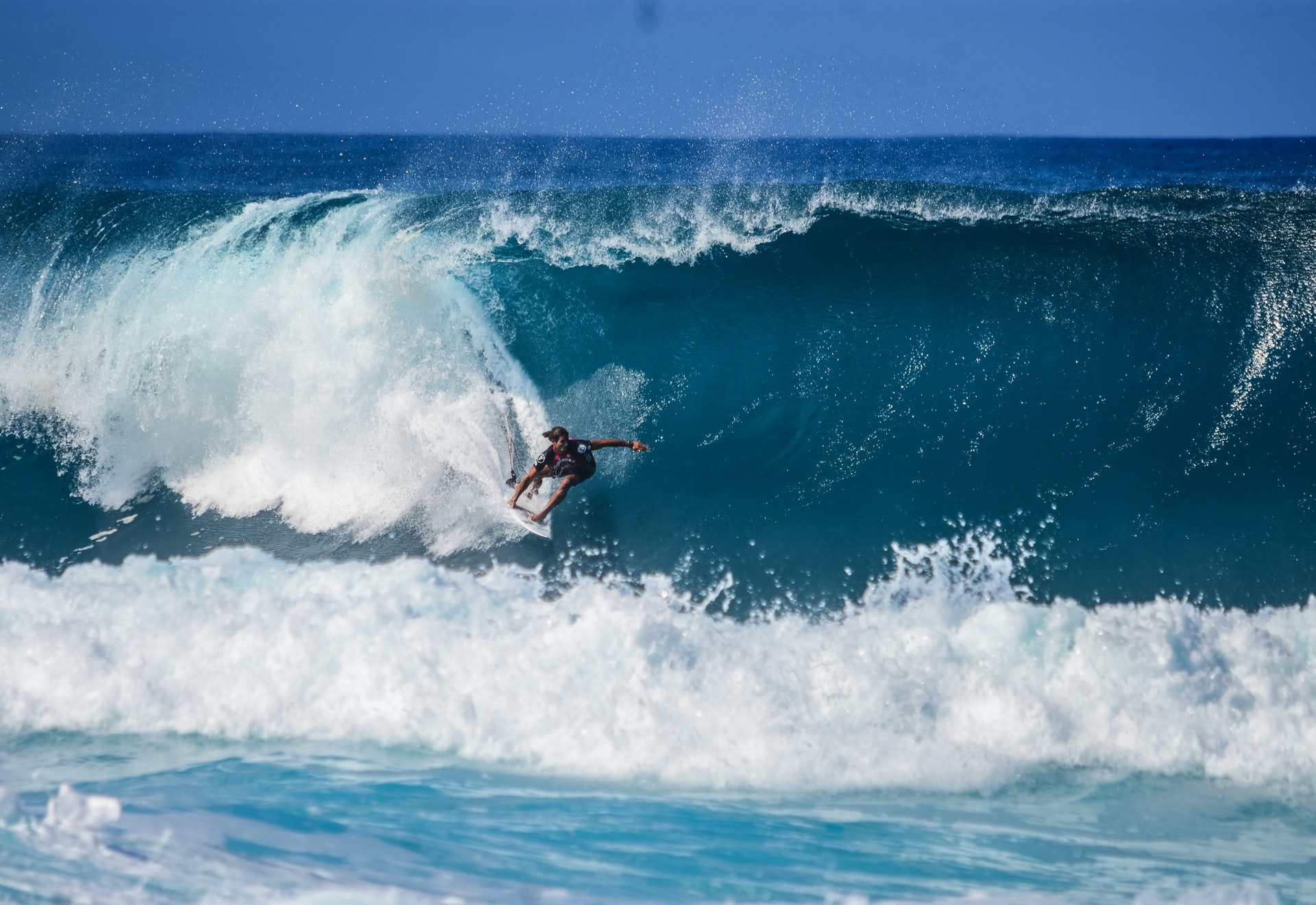
Do Surfers Like Constructive or Destructive Waves? (+Pros & Cons)
-

How to Surf Safely: 34 Crucial Tips (Every Surfer Should Know)
-
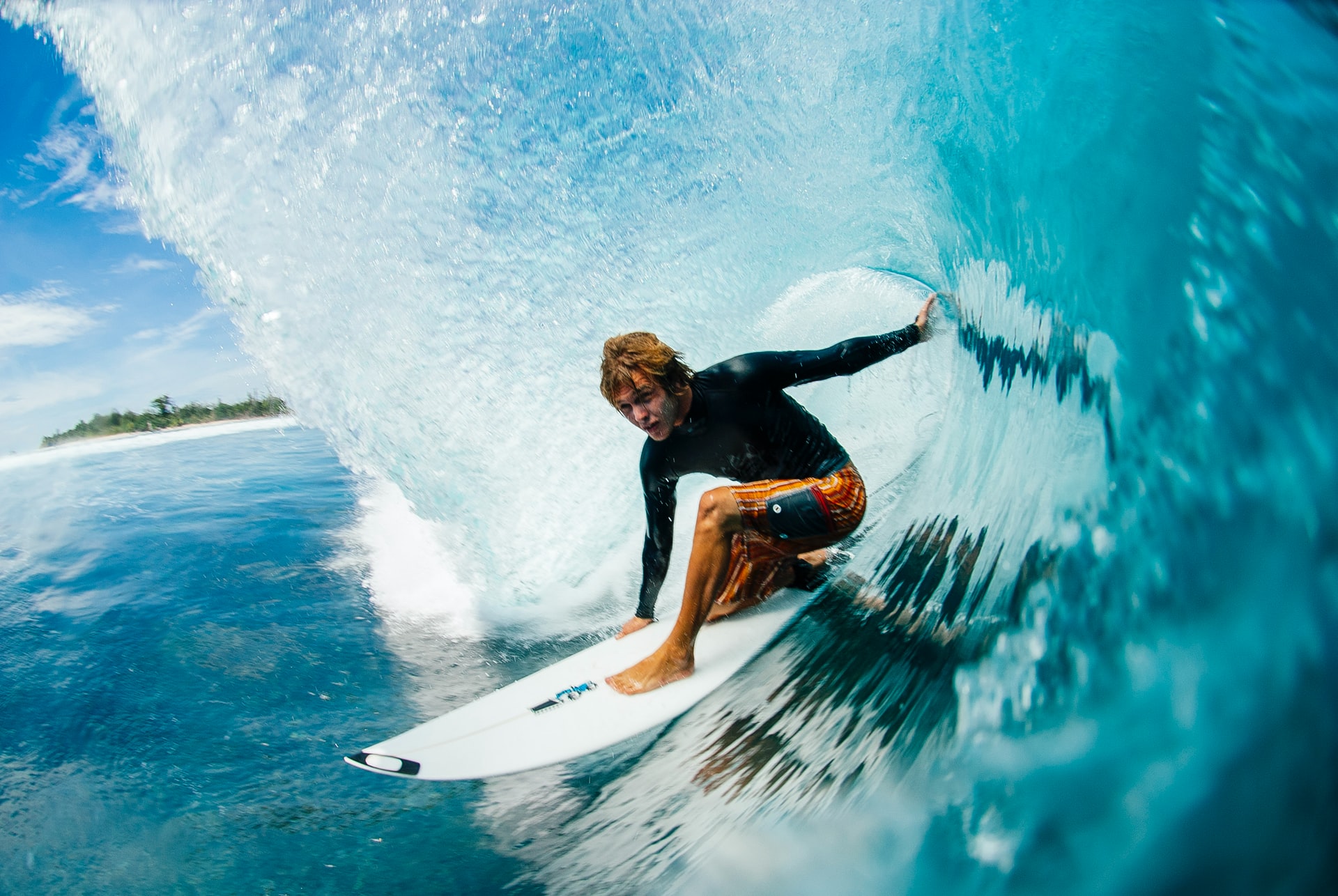
Do Pro Surfers Use Leashes? (+6 Reasons Why You Should Too)
-
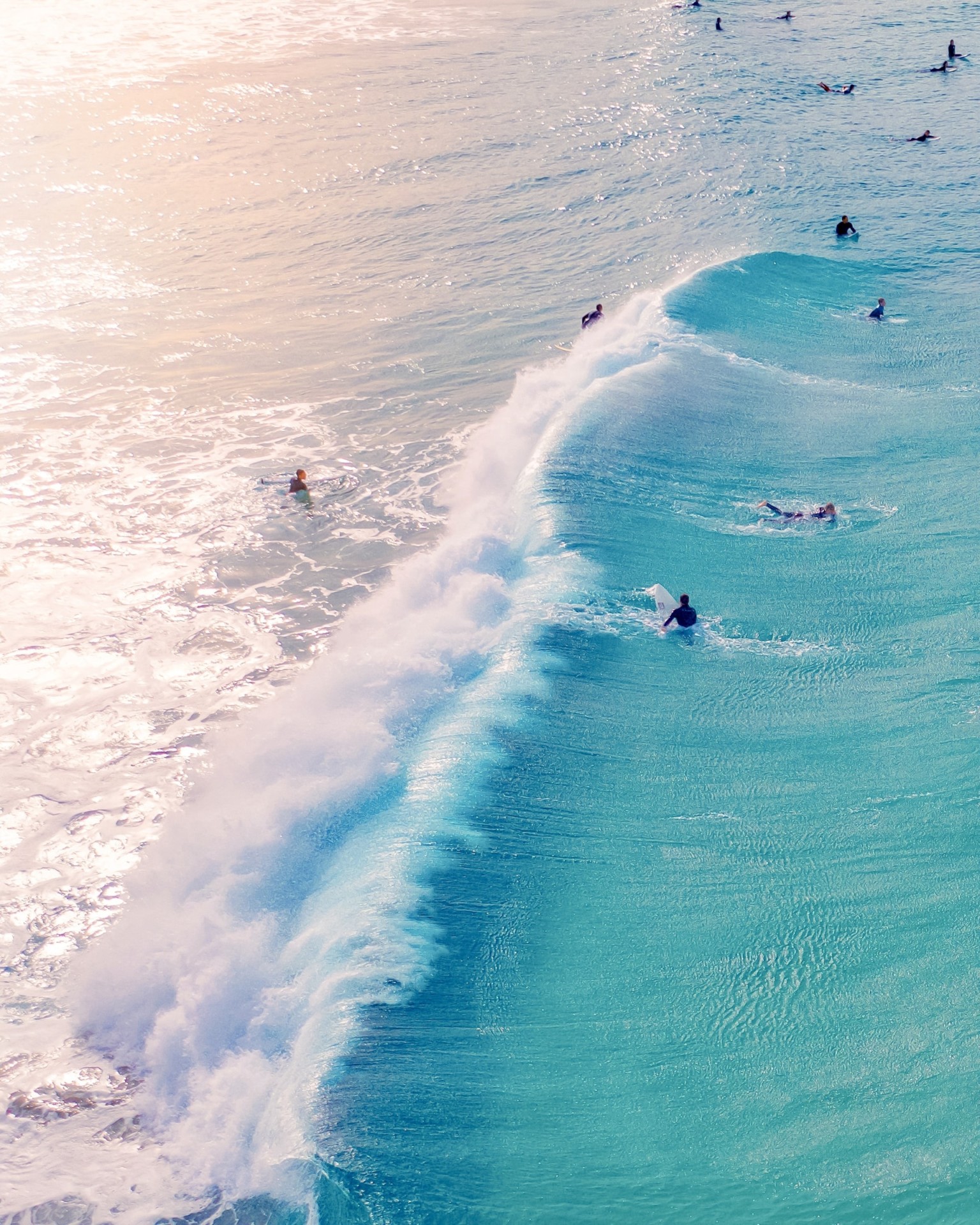
Do Many Surfers Drown? Here Are the Facts (+4 Common Reasons)
-
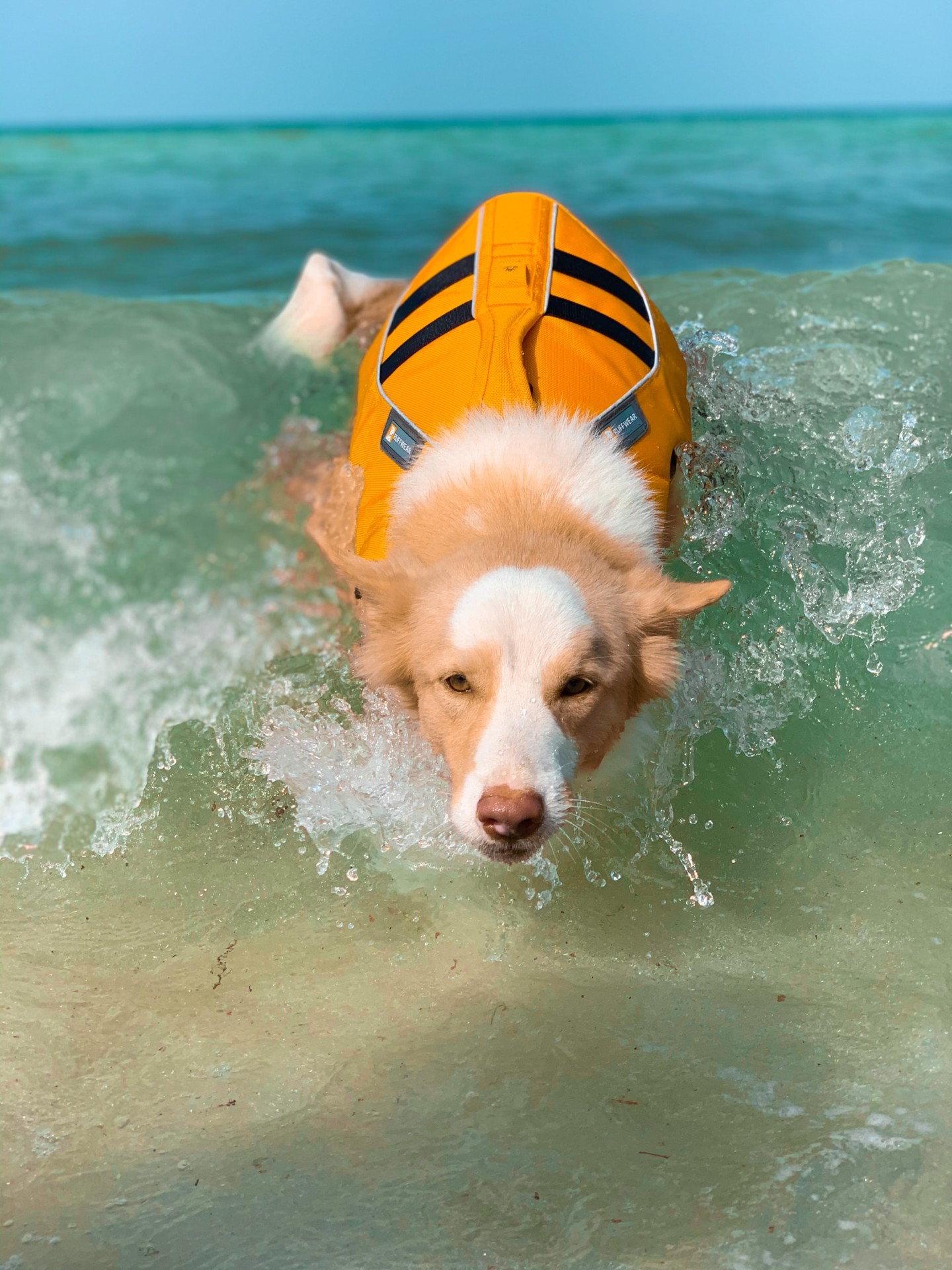
Do Surfers Wear Life Jackets? (7 Reasons Why They Don’t)
-
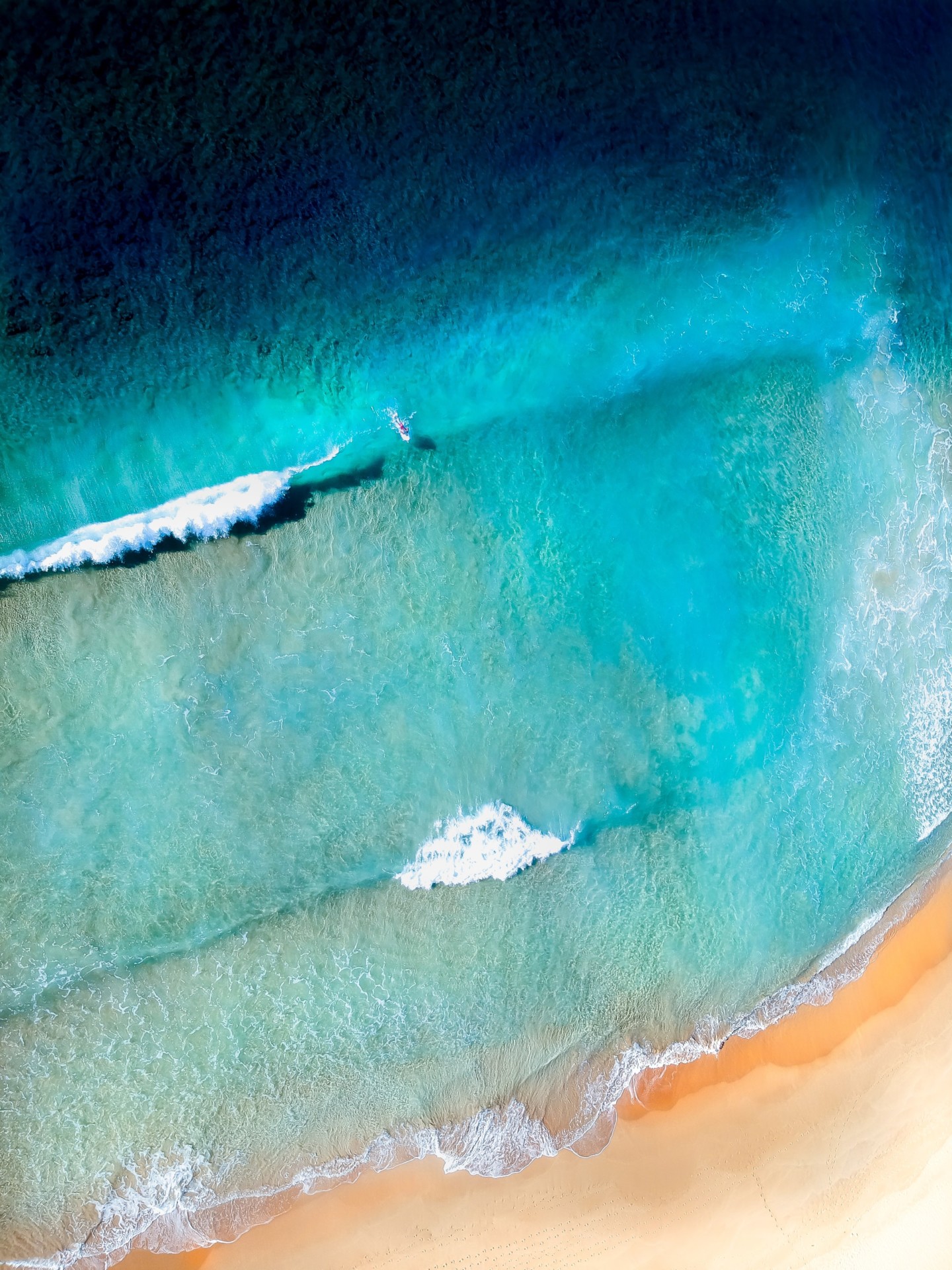
Do Surfers Like Rip Currents? (& How to Use Them Safely)

